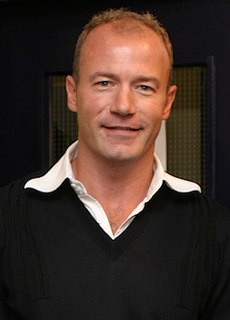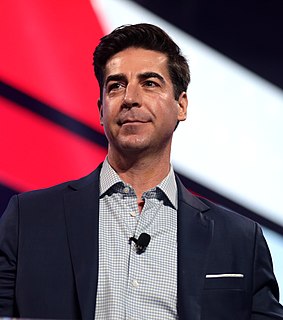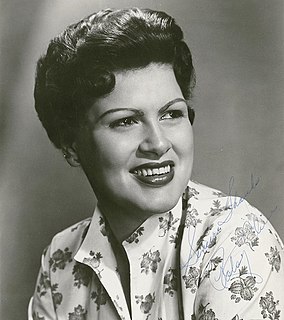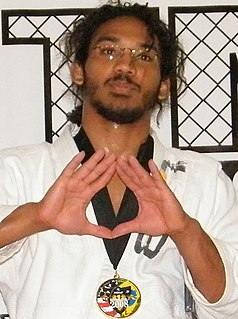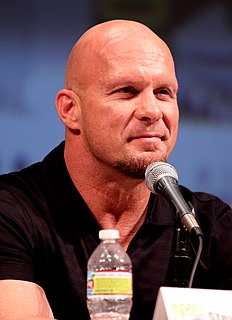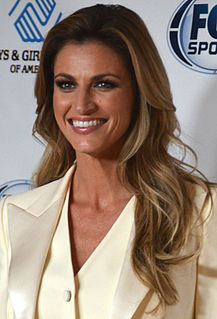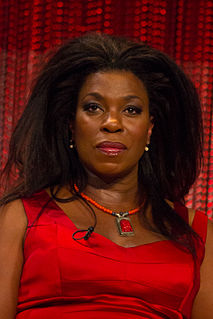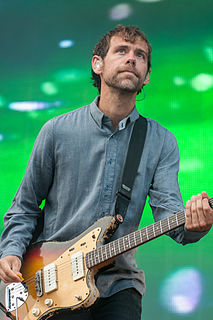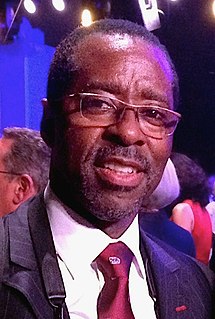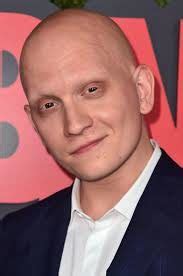A Quote by Alan Shearer
You can take 100 penalties in training, but when you go out on that pitch in front of all those people and the television cameras, it's completely different.
Related Quotes
I think there are two different types of people in television. There are people who can turn it on like a switch when the cameras go on, and then, when the cameras go off, they kind of lower it down a little bit. And then there are people who are on all the time, no matter if the cameras are there or not.
When I was nine, I found a copy of 'Doctor Who: the Making of a Television Series' in the school library. It had a picture of Peter Davison on the front, and it was a formative book for me. It explained all the different departments like the script, cameras, and sets and explained how a television show is put together.
Nick and Nate Diaz. We're different people, we have different personalities. But I have mad respect for them because that is them. That is Nick and Nate being themselves and not putting on a front. Not acting differently when the cameras on than when the cameras off. I got a lot of respect for Nick and Nate for that reason.
The way social media is now, and people are with cameras - we all live different lives whether you're in the spotlight or not. I mean, you can't be a boss or an executive of a big time company and act a fool, because there are cameras everywhere and people are going to document it and take pictures. I'm not used to stuff like that.
One thing that is very different technically is that you don't get a lot of coverage in television. Not like you do on a film. I know we don't have time for separate set-ups, so I will design a scene where I'm hiding multiple cameras within that set-up. That way, if I don't have time to do five set-ups, I can do four cameras in one set-up. It's a different kind of approach for that. For the most part, a lot of television, in a visual sense, lacks time for the atmosphere and putting you in a place.
At the beginning, people laughed at me because I was using snappies. Sometimes, a celebrity would look at my camera and go, Oh, I've got one of those. I'd feel like handing it to them and saying, Well, you take the pictures then. But I like using snapshot cameras because they're idiot-proof. I have bad eyesight, and I'm no good at focusing big cameras.
Acting was a lot like football. When you're a DB and you're one on one with a receiver, you're going to dance. It's go-time in front of 100,000 people and everybody watching on TV. That's exactly how it is when a director says 'Action!' It's the same adrenaline rush, the same training process. I love it.
I can tell you that I like to take a character where everyone may have an idea of what it's supposed to look like and go in a completely different direction with it. I like to make it my own and make it very personal to me, which will end up probably looking completely different than someone else's take on it.
